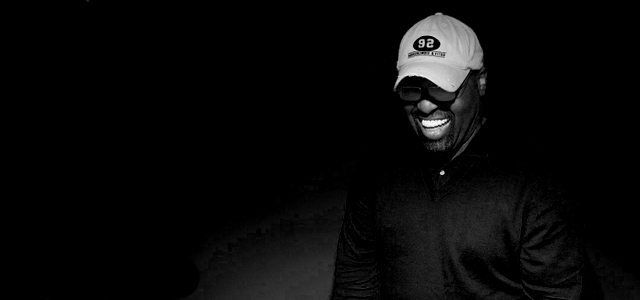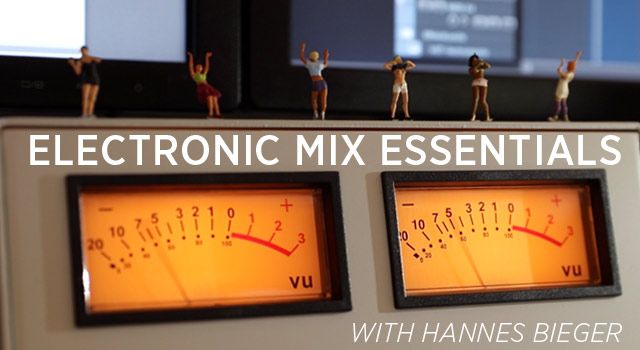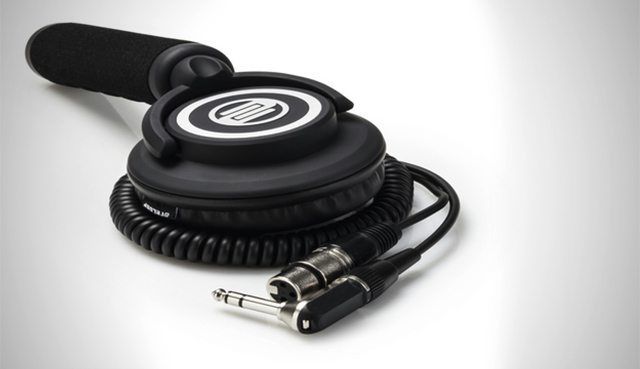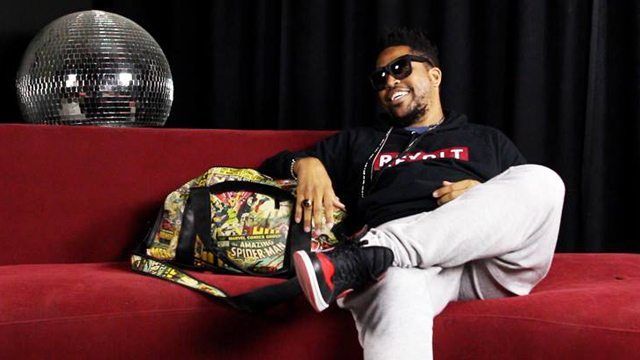If you’re even a passing fan of electronic music, it’s likely that you know that one of its icons, DJ and producer Frankie Knuckles, died earlier this week at the age of 59 from complications related to type 2 diabetes. The “godfather of house music” was a true legend, the kind of artist to whom one could point as a real cultural lynchpin; without his influence, dance music in 2014 would likely be an entirely different beast. Having given birth to house music in Chicago in the late ’70s and early ’80s via his clubs the Warehouse and later the Power Plant, Knuckles (born Francis Nicholls in New York City) was a dedicated craftsman and inventor, honing his skills as a DJ by playing marathon sets to open-minded audiences and helping to make the remix its own art form by constructing extended versions of classic soul and disco tunes with a pair of reel-to-reel tape decks and a 909.
Beyond his monumental legacy and discography, which includes tracks like “Your Love” and “The Whistle Song,” there is a lot for DJs to learn from Frankie Knuckles’ DIY approach to production, performance, community-building, and career longevity. We teased out a few of those nuggets for you to consider in your own pursuit of DJing greatness.
GET CREATIVE WHEN BOOKING YOUR FIRST GIGS
First and foremost, Knuckles was a cratedigger with a profound love of soul, R&B, and disco records. But when he started DJing, people weren’t exactly lining up to offer him gigs. So, when he was just 18, he got his start running lights for his friend Larry Levan at the Continental Baths, a gay bathhouse in New York City. (Coincidentally, lounge singers Bette Midler and Barry Manilow also got their start there.) When Levan couldn’t play, or needed a break, Knuckles was there to fill in and take over, giving him ample opportunity to earn his stripes infront of an up-for-anything crowd.
Read more: Get DJ gigs in unlikely places
PREPARE FOR ALL TYPES OF SETS
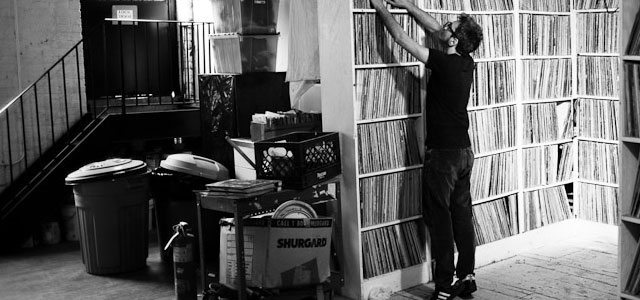
It was more than just a bathhouse,” Knuckles told the BBC about the Continental Baths. “There was a boutique, there was an Olympic-size swimming pool, there was a theater room, there was a salon.”
Naturally, there was also a dance floor, and it’s where Knuckles honed his craft, often playing eight-hour marathon sets that would require all sorts of pacing and track selection, which, back in ’70s and ’80s, didn’t mean a library full of MP3s—it meant lugging stacks and stacks of wax with you. “A lot of people would check in on Friday night and they wouldn’t check out until Monday morning,” he said in the same interview. During those sets, Knuckles would regularly combine disco and R&B with post-punk and synth-heavy pop.
Read more: How to play a super-long set
KEEP THEM ON THE FLOOR
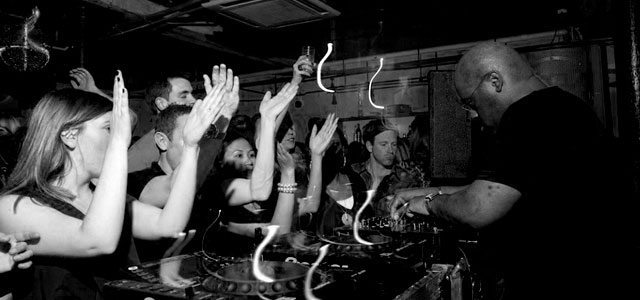
When faced with an epic-length set, or even a short one, most DJs have their work cut out when it comes to keeping a crowd rapt. Knuckles’ solution? Take standard tracks and extend or edit them for maximum impact. Knuckles and Co. didn’t have Ableton at their disposal—12″ vinyl singles were only just starting to show up in record stores—so they did it the real old-fashioned way: with reel-to-reel tape decks. By looping sections and breaks from his old soul and disco records, Knuckles was able to draw out the songs’ best moments and keep revelers in an extended state of trance.
I did it out of necessity, because there were no more disco records being made, nothing with any kind of energy,” he told the BBC.
Even crazier, he often had those reel-to-reel decks in the booth, manually editing sections of 45s on the fly.
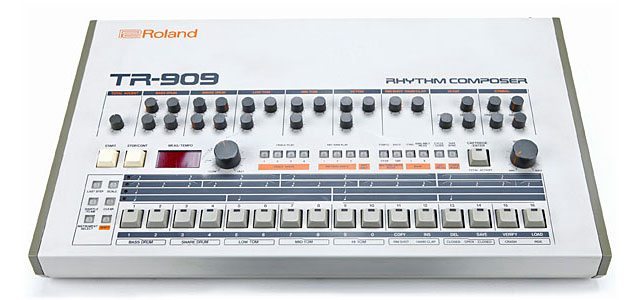
Knuckles’ friend Derrick May—long before he became the Detroit techno legend that he is now—gave him a Roland TR-909 drum machine, and Knuckles employed it to extend his live sets by rolling drum patterns beneath the mix. This newly discovered pastiche approach to making tracks would eventually give birth to some of Knuckles’ most well-known productions, including Jamie Principle’s “Your Love,” which was re-produced by Knuckles in a proper studio after the original demo showed so much promise in the club, and his 1983 extended mix of Philly soul band First Choice’s “Let No Man Put Asunder,” which put a more formal stamp on the process of remixing for generations to come.
Read more: Make custom edits of classic tracks
CREATE YOUR OWN SCENE
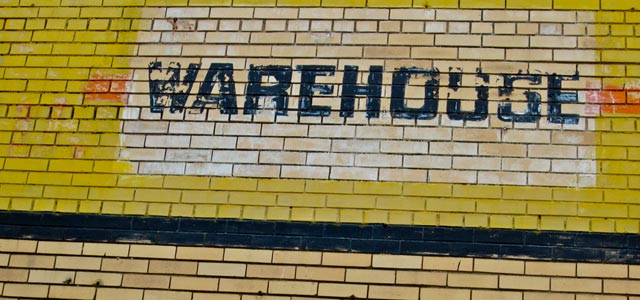
Knuckles really gave birth to a scene, but it wasn’t just the house scene as we’ve come to know it—it was a community for gay, usually black and Latino men in the late ’70s when there wasn’t much of one to engage with. In their extensive look at early DJ culture entitled Last Night a DJ Saved My Life authors Bill Brewster and Frank Broughton wrote:
In Chicago, as the seventies became the eighties, if you were black and gay, your church may well have been Frankie Knuckles’ Warehouse, a three-story factory building in the city’s desolate west side industrial zone. Offering hope and salvation to those who had few other places to go, here you could forget your earthly troubles and escape to a better place. Like church, it promised freedom, and not even in the next life. In this club, Frankie Knuckles took his congregations on journeys of redemption and discovery.”
Read more: Knuckles’ pal DJ Pierre talks about he formation of the Chicago scene
RIGHT PLACE, RIGHT TIME
The truth is, Chicago house could’ve just as easily been credited to Knuckles’ friend Larry Levan. But in 1977, Levan turned down a residency at the newly minted Chicago club the Warehouse, because NYC’s Paradise Garage was being built just for him, and Knuckles was next in line. At just 20 years of age, Knuckles was offered equity in the Warehouse to do his part, so he moved from New York to Chicago to hold down the decks at the club, from which “house music” would take its name. The rest is history.
KEEP HUSTLING AND COLLABORATING
Ever since the beginning, Knuckles was the consummate collaborator. This philosophy came from the way his favorite albums were originally made—band efforts, in which everyone played a part of the greater whole. Levan helped Knuckles get his first gigs, Knuckles helped Jamie Principle’s voice become one of house music’s most enduring ones, and of course, Knuckles’ remixes and collabs with some of pop music’s biggest names (Michael Jackson, Rufus & Chaka Khan, Lisa Stansfield, and plenty more) helped their songs cross over into the club world.
When Knuckles was well into his 50s—that’s already more than 30 years of DJing—he was still working hard as a DJ and remixer, playing all around the world and teaming up with the younger generation of producers who were just discovering the style. House revivalists Hercules & Love Affair tapped the master for a remix of their hit “Blind,” and it further cemented his legendary status amidst the current crop of newer producers and DJs.
Read more: Build your team of collaborators
Did you learn something special from Frankie that we didn’t include? Tell us in the comments.


